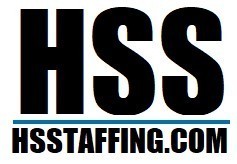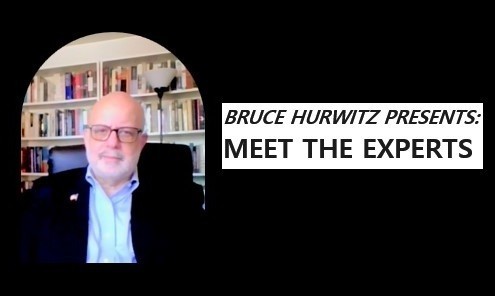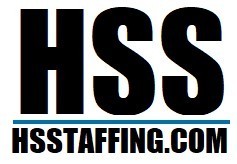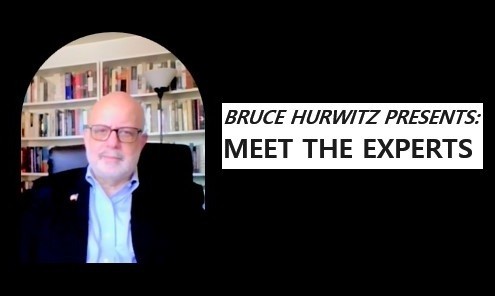I truly believe that sometimes we are our own worst enemies. I see it all the time. A career counseling client, who finally starts getting interviews, is now panicking, not because they are not interviewing, but because they are.
They keep asking themselves, and me, “What do I say if they ask me about…?” The “about” is always something negative. They are so focused on these negatives that they ignore the positives, the reasons that they are being interviewed, and obsess about the negatives. Not a good mindset to have when interviewing for a job!
In such cases I ask a series of questions:
How will they know? If they don’t know, they can’t ask any questions about it. So, if you don’t tell them, they won’t know. If they do a Google search of your name will it come up?
Are you worried that one of your references will tell them? Yes. Well, that could be, but probably won’t. You consider it a big deal, but do they?
I also tell them that if they honestly believe it is likely the interviewers will learn about the incident, they should bring it up themselves. Use it to reply to a question where, “Let me tell you about a mistake I made/failure I had that informs your question.” I advise them not to focus on the incident but on what they learned from it. Now, since they raised it, it is no longer a big deal and, since they “framed” it as a learning experience, it is not a negative, but a positive.
And, yes, this works even if the “about” was being fired for doing something really stupid.
Best wishes to my subscribers and readers for a Happy Easter.

While we work with everyone, our mission is to promote the hiring of veterans and first responders. Please consider us for all your staffing, career counseling and professional writing needs.

I am delighted to be associated with SourceOwls. Have a challenging job to fill? Looking for a team of recruiters? Look no further. Click here!

ARE YOU AN EXPERT IN YOUR FIELD? THEN I INVITE YOU TO BE A GUEST ON MY INTERNATIONAL PODCAST, BRUCE HURWITZ PRESENTS: MEET THE EXPERTS. FOR COMPLETE DETAILS, TO APPLY AND TO SCHEDULE AN INTERVIEW VISIT: https://hsstaffing.com/video-podcast
Future Articles:
- The Thank-You Email
- Sometimes it’s the Employer’s Fault
- Think Like a Recruiter
- Prioritizing Quality Over Quantity in Candidate Submissions
- Optimizing Candidate Submissions
- The Resume as a First Impression
- Strategic Approaches to Job Selection and Avoidance
- The Crucial Role of Interview Preparation in Candidate Placement
- Thoughtful Debriefing with Candidates
- Cultivating Advisor Relationships with Premier Candidates
- Efficient Candidate Vetting
- References
- You Accept One Job and Another is Offered
- LinkedIn’s SSI









